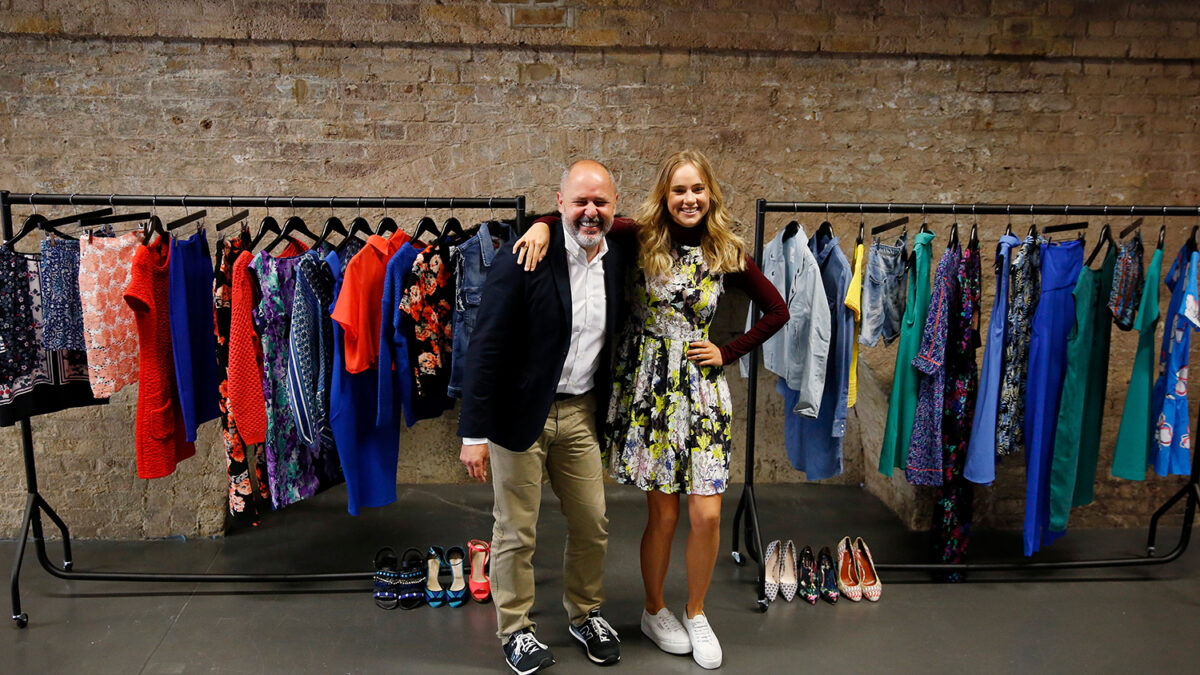Glamour? What glamour?
As the Western World appears to enact its finale before our very eyes, with China looming large as the next No.1 Economy, the fashion business is still chattering about glamour, a faded concept that was never so out-of-place as it is at the dawn of this new millennium.

As the Western World appears to enact its finale before our very eyes, with China looming large as the next No.1 Economy, the fashion business is still chattering about glamour, a faded concept that was never so out-of-place as it is at the dawn of this new millennium.
As the Western World appears to enact its finale before our very eyes, with China looming large as the next No.1 Economy, the fashion business is still chattering about glamour, a faded concept that was never so out-of-place as it is at the dawn of this new millennium. The tedious word, profusely applied during the second half of the 20th Century, is of Scottish origin –not French, as it would seem– and was introduced to the mainstream market by Condé-Nast when in 1940 it launched a magazine called “Glamour of Hollywood”, later shortened to the G-Word alone.
Though intellectuals have tried to criticize the fashion industry, none of them seems to have succeeded. Robert Altman pioneered the crusade, but his somewhat disperse film “Prêt-à-Porter” gave the impression of wanting to be as glamorous as the medium it had intended to mock. And the same could be said of Bret Easton Ellis (“Glamorama”), Jay McInerney (“Model Behavior”) or Woody Allen (“Celebrity”). Nevertheless, Altman’s concerns proved justified. Today’s Western World was returning to the dissolute 18th Century.
Since Gianni Versace’s murder in 1997, the fashion business seems to be losing glamour at a quick pace. From Alexander McQueen’s horrifying suicide in 2010 –he hanged himself in a wardrobe after a cocaine binge– to John Galliano’s antisemitic drunken rants and Marc Jacob’s recent four-day orgy with ten men, the high end of couture is not only unprofitable but out of control. In the meantime Amancio Ortega –the Spanish owner of fast-fashion giant Zara–, has become the second richest man in the world. And this week Jeff Yurcisin, Vice-president of Clothing at Amazon, has announced that the e-company is considering producing its own clothing lines to fill gaps in the market. So it looks like the glamour approach needs an update.
